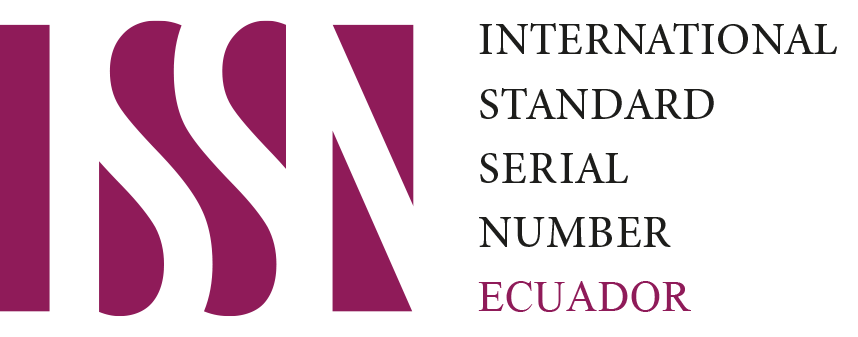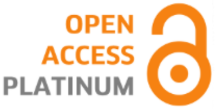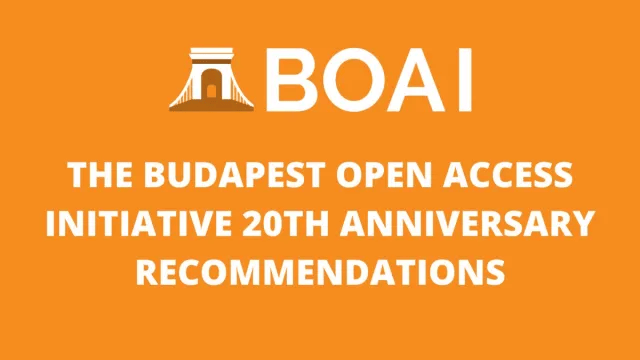Section policy
- Editorials: They provide critical analysis and commentary on priority topics about the administration and management of human resources. However, to ensure the quality and relevance of this section, editorials will preferably be by direct invitation from the editorial committee. The editorial team before publication will review invited editorials internally. Unsolicited editorials may be considered, provided they address relevant and current topics for the journal's audience. They are not subject to the peer review process but must meet the journal's standards for quality, clarity, and academic rigor. Invited authors may suggest specific topics or proposals for editorials, which will be evaluated by the editorial team.
- Letters to the editor: Brief comments that respond to articles previously published in the journal, fostering academic dialogue about the administration and management of human resources. These letters may include up to 1000 words, 2 figures, 1 table, and 10 references.
- Research essay: It explores a specific topic through critical analysis of the literature and the development of arguments, contributing new perspectives or hypotheses in the field of study.
- Reflection articles: Proposals for critical analysis and reflections on ethical, social, and policy aspects related to food, providing perspectives that encourage deep debate and discussion.
- Research articles: Studies presenting original and unpublished results that significantly contribute to advancing knowledge about the administration and management of human resources. These articles should follow a standard structure: title, authors, abstract, introduction, methodology, results, discussion, conclusions, and references.
- Case studies: The results of a study on a particular situation are presented and described, detailing the technical and methodological experiences and the material obtained from working with an individual, organization, or specific situation, to outline a problem or suggest a solution. It includes a systematic, annotated review of the literature on analogous cases. It should follow the structure: introduction, case presentation, discussion, and conclusions. Its length is up to 4000 words and a minimum of 15 updated bibliographic references.
- Systematization of professional practices: Articles on the systematization of professional practices enable the construction and clarification of knowledge that has been or is being generated in a specific experience by different participants through the analysis and evaluation of developed actions. Its length is up to 4000 words and requires a minimum of 15 bibliographic references.
- Review articles: These articles analyze, synthesize, and critically evaluate the existing literature on a specific topic, providing a comprehensive overview of the current state of knowledge in the field of administrative sciences. Reviews can be categorized into various types based on their objectives, methodology, and scope, such as narrative reviews, systematic reviews, and meta-analyses. They should have a length of up to 6000 words and a minimum of 25 updated bibliographic references.

































